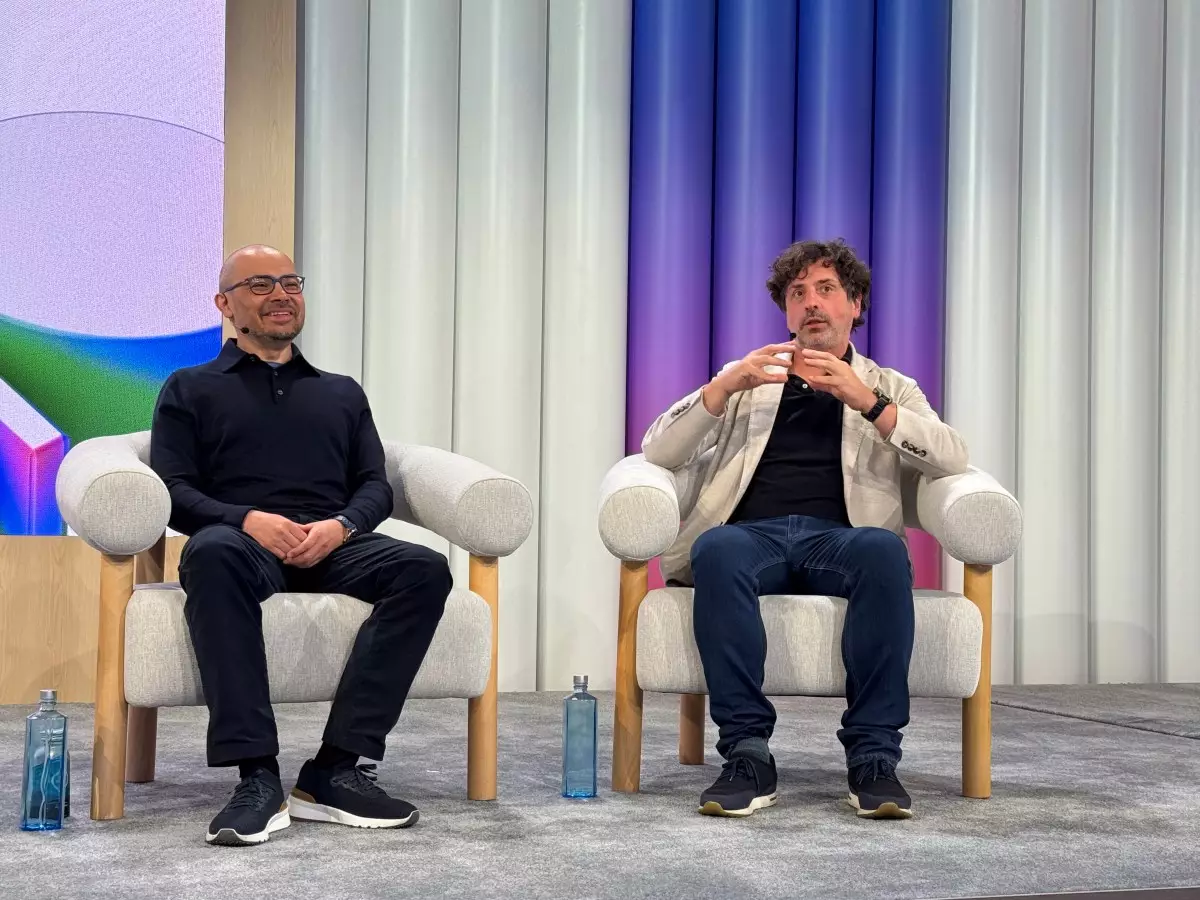In a candid revelation, Google co-founder Sergey Brin reflected on the ambitious yet faltering journey of Google Glass during an engaging interview at the Google I/O 2025 conference. Brin, who unexpectedly joined a discussion led by Alex Kantrowitz, shared his frank acknowledgment of the myriad challenges associated with the original smart glasses project. He confessed ignorance regarding the intricacies of consumer electronic supply chains, a glaring oversight that contributed significantly to the project’s problematic debut in the consumer market. Brin’s humility in recognizing past mistakes is a powerful reminder of the complexities involved in cutting-edge technology development, particularly in competitive markets like consumer electronics.
The Resurgence of Smart Glasses
Despite the previous setbacks, Brin remains optimistic about the potential of smart glasses, expressing his admiration for Google’s renewed efforts in this sphere. The company’s recent partnership with leading technology companies—including Samsung and Xreal—aims to harness their expertise while tackling the production challenges that plagued the original endeavor. With promises of enhanced performance driven by advanced AI functionalities, Google’s latest iteration of smart glasses powered by DeepMind’s Project Astra seems poised to redefine user experience. Live translations and improved navigation systems illustrate a tangible shift in how smart glasses can serve everyday needs, moving beyond mere novelty towards genuine utility.
Strategic Partnerships and Financial Commitments
A key element in Google’s strategy for developing smart glasses lies in its collaboration with Warby Parker, where a hefty investment of $150 million underscores their commitment to success. By taking an equity stake in the eyewear company, Google aims to bridge the gap between advanced technology and stylish, user-friendly design. This melding of fashion and technology is crucial for appealing to a broader consumer base, one that prioritizes not only functionality but also aesthetics. The synergy created through such partnerships may very well address the supply chain difficulties that have historically hindered similar technology from flourishing.
The Impact of Generative AI
Brin’s comments extend beyond just glasses; his enthusiasm for the transformative power of generative AI reflects a belief that modern advancements can now dramatically enhance the capabilities of wearable tech. The AI landscape is evolving at a rapid pace, and tools that were once theoretical are becoming increasingly practical. During his talk, Brin asserted that advancements in AI have finally made the promise of smart glasses a compelling reality, presenting possibilities that were unrealizable a decade prior. This optimism indicates a significant shift where technology not only captures attention but also enhances daily life through genuinely useful applications.
Reinvigorated Commitment to Innovation
Beyond smart glasses, Brin’s re-engagement with Google’s Gemini efforts represents a wider trend of experienced technologists advocating for active participation in current innovations. His directive for engineers to immerse themselves in AI projects breathing life into notions of productivity and creativity reflects a reinvigorated commitment to pushing boundaries. Brin clearly believes that the combined forces of artificial intelligence and wearable technology can lead to groundbreaking advancements. The notion that every computer scientist should remain engaged in the unfolding AI revolution serves as both a rallying cry and a challenge to the tech community.
Sergey Brin’s reflections not only provide a lens through which we can view the evolution of smart glasses but also remind us of the resolute spirit inherent in innovation. With renewed strategies and a clearer vision, the future of smart glasses at Google appears to be more promising than ever.

